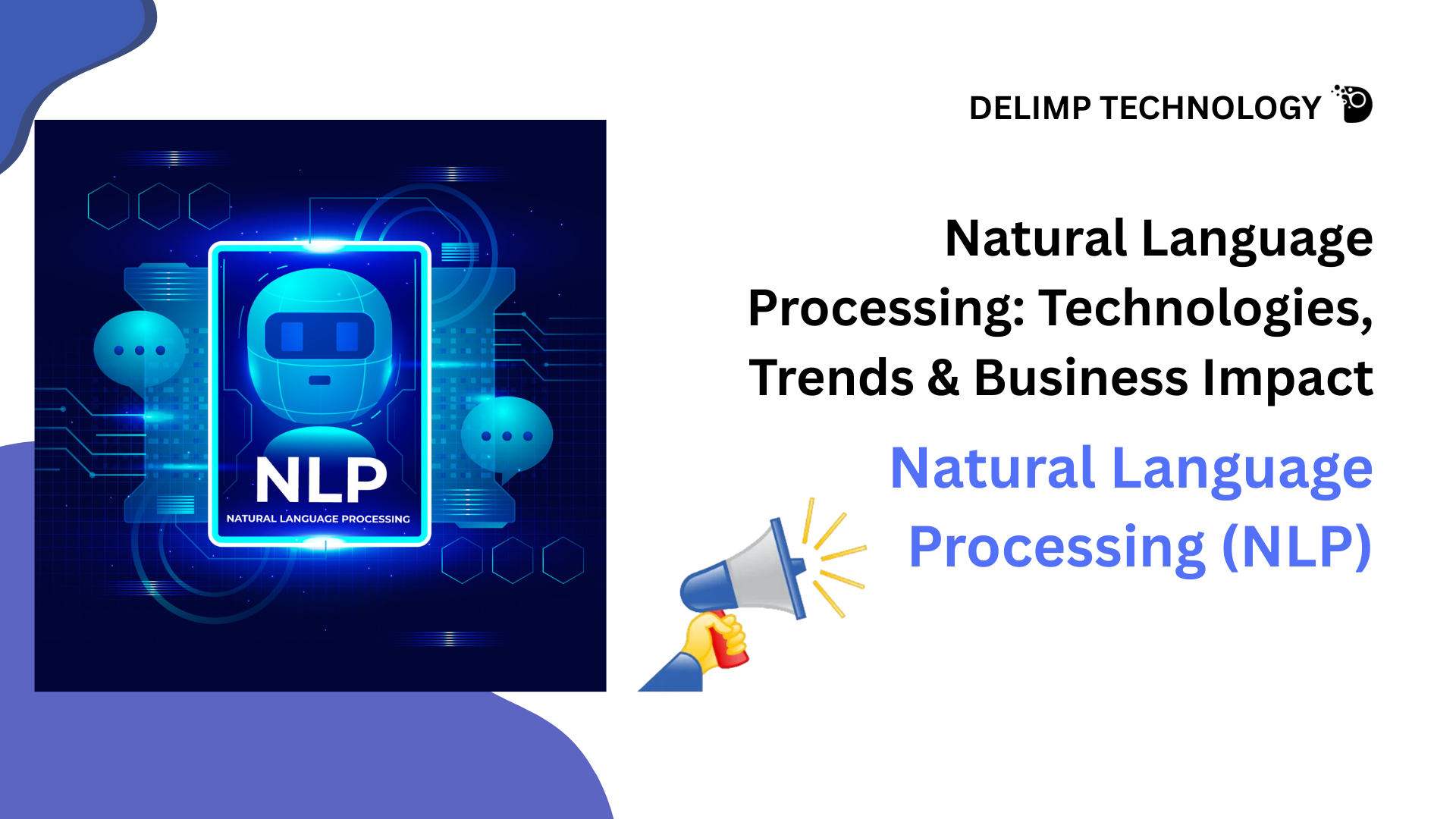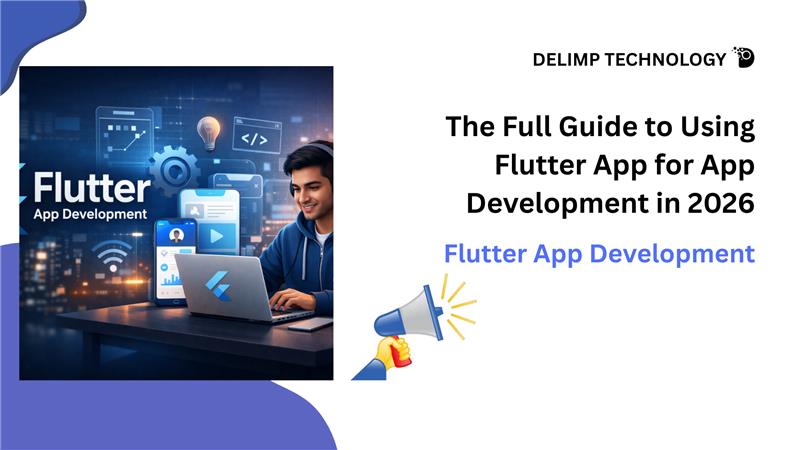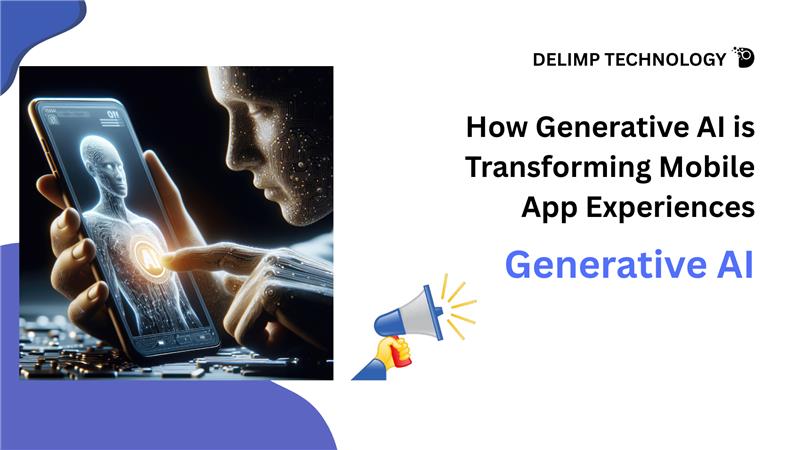In the world of internet marketing which has limitless opportunities, the choice between SEO vs. PPC is rather like choosing between apple and orange. Although both are employed with the view of increasing exposure and generating traffic, the stances and results differ. This blog provides an analysis of the two strategies, SEO and PPC to show you which one will make the most sense in terms of return on investment (ROI).
Understanding SEO: The Long Game
SEO stands for Search Engine Optimization and is the process of optimizing and improving web page ranking on the search engine results pages (SERPs) without the use of paid ads. This is the enlightenment of keywords, content creation, and other factors such as site speed and mobile friendliness.
Benefits of SEO:
Cost-Effectiveness: Industry rankings are hard to gain though once attained, the costs of maintaining them are low.
Long-Lasting Impact: Organic traffic still comes in despite of the initial works having been done.
Credibility and Trust: Organic results are often perceived as more trustworthy compared to paid advertisements.
Drawbacks of SEO:
Time-Intensive: Some have boasted that some results take even as long as months to observe.
Algorithm Updates: New modifications or updates by search engines can cause most of the disruptions.
Research by BrightEdge reveals that organic search accounts for as much as 53.3% of all web traffic proving that SEO is not a thing of the past.
PPC: The Shortcut to Instant Results
Paid advertising enables organizations to hit the top of SERPs since they can bid for the keywords. It makes it possible to make the product visible to consumers the moment they enter the website but charges per clicks.
Benefits of PPC:
Instant Results: Traffic begins to be gotten as soon as the campaigns have been deployed or set live.
Precise Targeting: It can be targeted to demography, geographical areas, or interests.
Measurable ROI: This is something simple to monitor in tools like Google Ads.
Drawbacks of PPC:
High Costs: Some niches can mean vastly expensive cost-per-click.
Short-Term Gains: Operation is only possible to the extent of the budget available, and even traffic stops once the funding finishes.
Studies show that 65% of small and medium-sized businesses utilize PPC campaigns as they effectively generate first-time leads.
SEO vs. PPC: Which Offers Better ROI?
Cost Efficiency
Between SEO vs. PPC, SEO proves to be more cost-effective in the long run as its benefits steadily grow over time.CPC model of PPC, though giving quick and fast results is a continuous expense model which needs funding; CPCs of PPC vary from $1 to $50 depending on the competition of the industry.
Conversion Rates
Recent data reveals that PPC visitors are 50% more likely to make a purchase compared to organic visitors. But SEO provides steady, organic traffic through which over a period of time more than one conversion can happen.
Time Frame
To summarise, PPC is suitable for specific goals such as new product releases, while SEO is perfect for imagining the long haul.
The Winning Formula: Combining SEO and PPC
However, businesses can combine SEO vs. PPC, where PPC is superior to SEO in terms of results. Thus, when you already know PPC for quick outcomes while using SEO to have consistent benefits, you’ll have a solid digital advertising and marketing method. A BrightEdge report shows that organic and paid search drive 68% of the overall sessions indicating the viability of both categories.
Conclusion
In general, the use of search engine optimization compared to that of PPC relies on the desired goals, cost, and time of the business in question. PPC is one of those strategies that deliver quick wins. In other words, SEO is an essential tool that must be used for long-term success. When used in combination, you can reach the highest levels of efficiency when it comes to ROI, all the while making sure your brand has the right impact on the digital environment.
Frequently Asked Questions (FAQs)
Q1: What is the primary difference between SEO and PPC?
Ans: SEO (Search Engine Optimization) focuses on improving organic rankings on search engine results pages (SERPs) through content, keywords, and technical optimization. PPC (Pay-Per-Click), on the other hand, is a paid advertising strategy where businesses bid on keywords to display ads for immediate visibility.
Q2: Which approach provides faster results, SEO or PPC?
Ans: PPC offers faster results as ads become active immediately upon campaign launch. SEO, however, is a long-term strategy that takes weeks or months to build momentum but provides sustainable traffic over time.
Q3: Is PPC more expensive than SEO?
Ans: PPC can be more expensive because you pay for every click, especially in competitive industries with high-cost keywords. SEO requires an upfront investment in optimization efforts, but the ongoing cost is significantly lower, making it more cost-effective over time.
Q4: Which approach is better for small businesses with limited budgets?
Ans: For small businesses with limited budgets, SEO is typically a better choice because it provides long-term value and doesn’t require continuous spending. PPC can still be useful for short-term goals like promotions or launches, but careful budget management is crucial.
Q5: Can SEO and PPC be used together?
Ans: Absolutely. Combining SEO and PPC can maximize results. PPC can drive immediate traffic while SEO builds a strong organic foundation. Together, they offer a balanced strategy for both short-term and long-term ROI.





